Prison Life Stigma
A brief inquiry into pre, mid, and post prison life.
A drawing of a girl behind bars, depicts the depressing mood of prison.
August 27, 2019
Is it our prison systems or our society that fails to rehabilitate inmates? Our prison system fails to recognize mental illnesses and to treat them. And our society’s stigma that is forced upon former inmates is just as bad.
Missy recounts her early memories of her half brother, who has been in and out of prison for most of his life. Missy wishes not to reveal her surname name, in order to conceal her half brother’s identity.
“He didn’t live a good childhood, he was in and out of drug houses, when he came to live with us he was pretty bad, he would steal things from the neighbors,” she said.
Missy goes into detail on how before her half brother first went to juvenile detention, he was defiant and led a perilous life from a young age.
“I’m not sure that his abuses were ever discussed with him, or any of his learning disabilities were dealt with,” Missy said, when discussing the time her half brother did in juvie. “They don’t make the kids do well in school, so in those ways, I don’t think it worked out for him.”
Our juvenile detention centers should work harder to improve the lives of these kids and dig into their mental issues, so in turn, there would be fewer offenders in the future.
According to American Psychological Association, overcrowded prisons also can produce worsened health outcomes, decrease psychological well-being and increase risk of suicide, so there’s no doubt that with the way our prison systems work that it is sure to decline in inmate’s mental health. If this is a widely known and accepted fact, then what is causing this issue?
Psychology teacher Mr. Cole blames the overwhelming amount of isolation in some situations.

“It’s been proven through studies that prolonged isolation definitely causes mental health issues,” Cole said. The isolation of prison is very hard on the inmates’ psyche, and with the lack of trust between inmates and staff, it can prove to be dehumanizing in a way.
The prison teachers lacked caring for their students, setting a condescending tone.
“He never got his GED in there either because he felt that teachers didn’t teach him, he had learning disabilities, so there was no support for that,” Missy said. “He did a drug rehab for a little while, but he said that it was very demeaning. They mostly talk down to them and make them sing and dance, like ‘I’m a little teapot’ and things of that nature.”
Many prison systems fail to actually treat inmates and to rehabilitate them. Instead, they break them down in hopes to rebuild them, but in reality, that’s not an effective method to rehabilitate.
According to an article in Vox, 76 percent of all inmates end up back in jail within five years. This astounding percentage could result in a few things. One is due to the fact that it is very hard to find a job and to make a living as a former inmate. Not many places hire former inmates, and those that do pay minimum wage and not much more, on top of a small cash flow many have to support their families. Among that the former inmate could also be fighting off an addiction, all of this can be very big stressors for the former inmate and could lead to a relapse, leading them to be reincarcerated petty crime.
Our society has labeled former inmates as criminals for life, stripping them away from their chance to succeed. Once someone goes to prison, our society turns our back on them, and rarely gives them a helping hand, especially when our prison system isn’t much of a rehab center like it was intended to be.
There’s no doubt that our prison system is flawed and needs to reform the way they handle inmates’ mental health, but the stigma around former inmates, once they return to society, is just as flawed. Our prison systems should change the way they go about teaching the inmates. If you treat them like adults, instead of demeaning them, and talking down to them, they will probably be more open to rehabilitation and learning. Our society should be more welcoming towards former inmates and give them room to be better instead of boxing them in and giving them only a handful of life options.


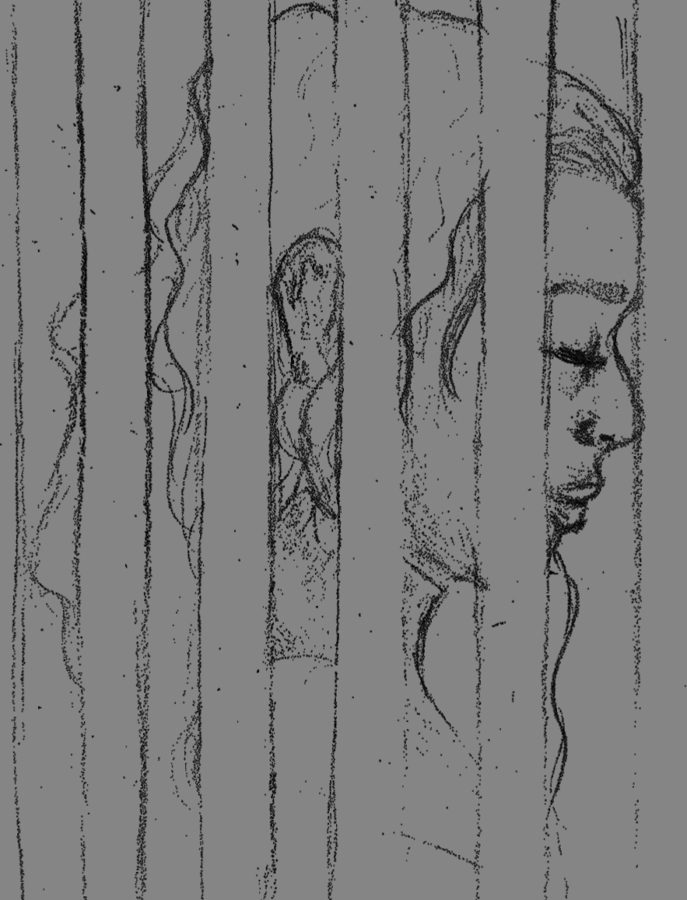







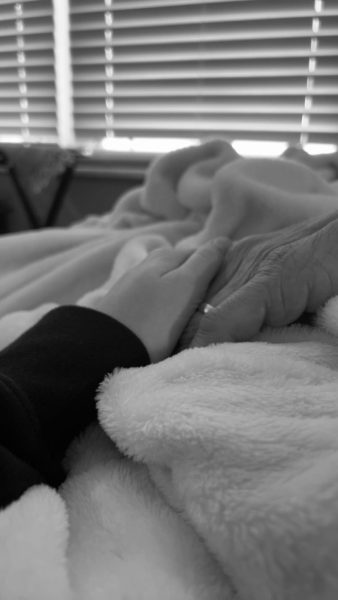




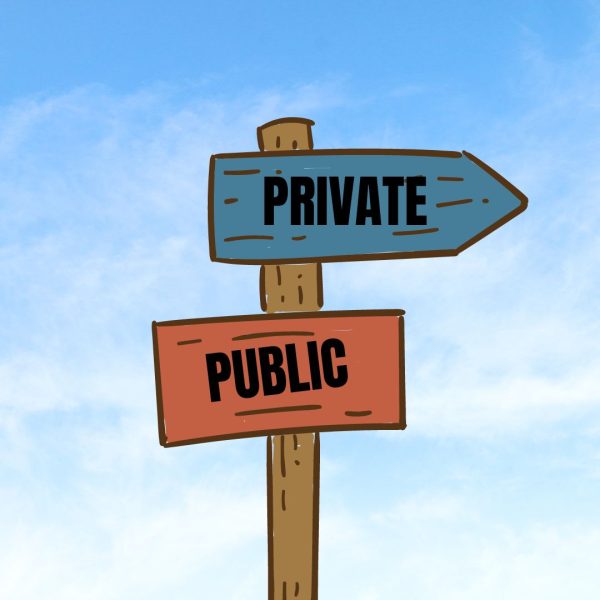
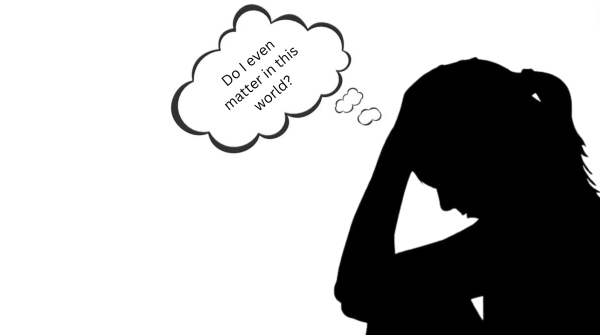


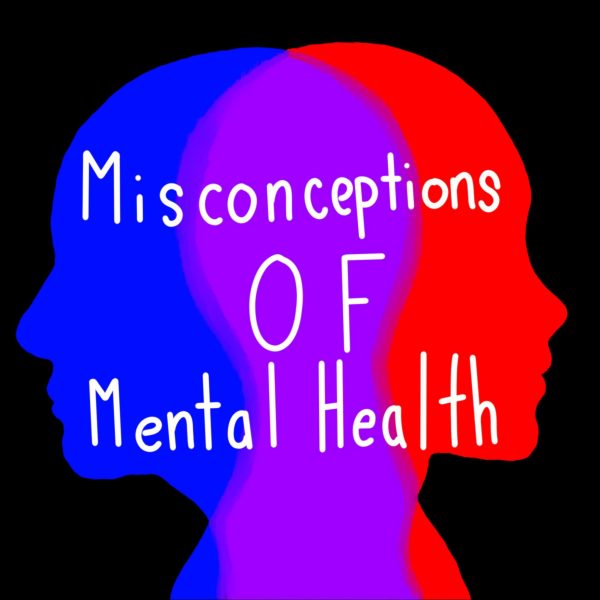
Mr. Cole | Sep 6, 2019 at 7:32 am
Great article! Well written and interesting!